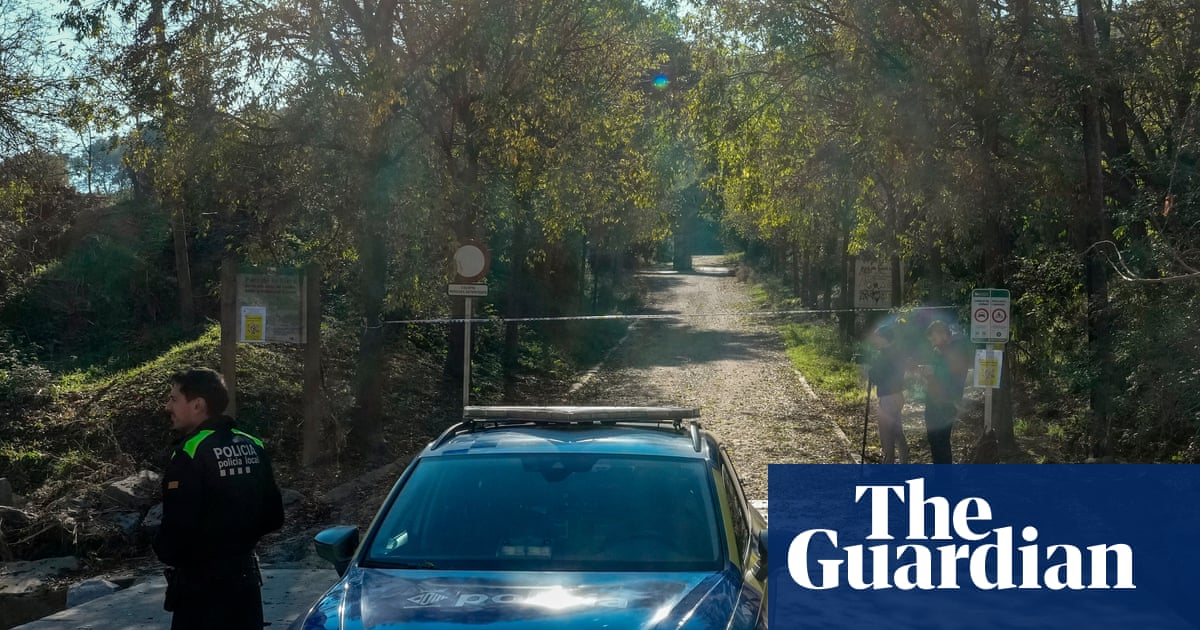The internet was my lifeline, a slender thread connecting me from Australia to my family in Afghanistan, bridging continents and time zones.
But that bridge has crumbled.
Afghanistan, sitting in the heart of Asia, always felt like the crossroads of everything, while Australia, with its wide-open spaces, seemed like the faraway land. Yet, the Taliban’s recent nationwide internet blackout has turned that sense of distance upside down.
On Monday, the Taliban ordered a sweeping shutdown of internet and telecommunications services across Afghanistan, citing a decree by their leader, Hibatullah Akhundzada, aimed at curbing “immorality”. It has left millions of Afghans – both inside the country and across the diaspora – isolated, voiceless and trapped in a silence that feels suffocating.
I used to join from Melbourne, alongside my brother in London and my sister in Pakistan, for our weekly video chats with Mama, other siblings and our nieces and nephews in Kabul. Mama would chide me for losing weight – her gentle worry mixed with pride – but I would insist it was all for getting healthier. She often called the internet her lifeline, her eyes quietly fixed on our faces, deep in thought, sometimes cursing the Taliban under her breath for their hardline policies against women.
We tragically lost her this winter, her long illness compounded by the heartbreak of being separated from her children in an increasingly isolated Afghanistan. Our family chats have continued in her memory, cherishing the moments she loved most: sitting in the corner of our Kabul home next to a sunlit window overlooking the little orchard, the fruit trees and grapevines heavy with summer, a cup of tea in hand, quietly smiling at her grandchildren. Those moments are now inaccessible; my nieces and nephews, once by her side, cannot reach me through this digital divide.
For millions of Afghans inside Taliban-controlled territory, the internet was more than a tool – it was a lifeline. It allowed girls and women to attend online classes, enabled journalists to report atrocities to the wider world, and gave activists a platform to organise against the regime’s oppressive policies. With the shutdown, these lifelines have been severed. Education for girls, already under attack, has been snatched away almost entirely. The spaces where women could access information, share experiences and find support have been obliterated.
The UN mission to Afghanistan has warned that this blackout is deepening the humanitarian and economic crises, crippling banking, aviation and healthcare services, and further isolating women and girls.
The Taliban frame this blackout as a moral intervention. But it really is a calculated effort to consolidate power and silence dissent. By controlling information, the regime aims to stifle opposition and maintain its grip on the country.
From the safety of my Melbourne suburb, I watch helplessly as my family in Kabul and friends across Afghanistan navigate this digital darkness. Messages, calls and emails no longer go through. The silence is deafening. I feel both impossibly far away and painfully close, unable to reassure, comfort or intervene in the only ways I once could.
Afghan girls who were already denied formal education are now completely cut off from learning. Journalists are silenced. Activists are isolated. Doctors, teachers and ordinary citizens lose access to essential services. This is not merely a technical disruption; it is a systematic erasure of society’s voice and agency.
The ripple effects extend beyond Afghanistan’s borders. For those of us in the diaspora, the blackout is a stark reminder of the fragility of freedom and the power of information. If a regime can so completely cut off its citizens, what does it mean for the future of the region, for human rights and for international norms?

 2 months ago
59
2 months ago
59

















































